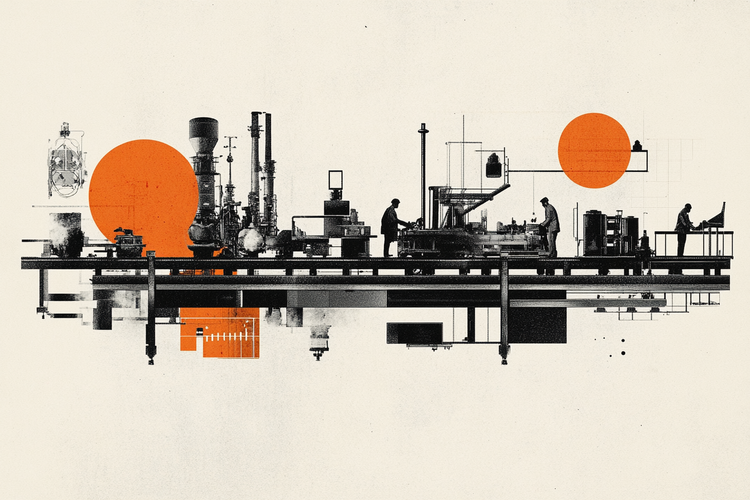As we aged, bone marrow stem cells accumulate mutations, which favors the emergence of blood cells with different genetic composition and, consequently, increases the risk of blood cancers, such as leukemia. However, a new study showed that when people often donate blood, this risk can be decreased.
THE workcarried out by researchers from the Francis Crick Institute in London, England, analyzed blood samples collected from more than 200 frequent blood donors – people who made three donations a year over 40 years – and sporadic donors, who donated blood less than five times in total.
The researchers found that both groups showed a similar level of genetically different cells, but the composition of these cells was different. According to the study, both groups had clones with changes in a gene called DNMT3A, known for mutating in people who develop leukemia.
However, the mutations found in frequent donors were not associated with cancer. To understand why, scientists tested these mutations in the laboratory and mice.
How was the study done?
In the experiment done in the laboratory, the researchers edited the DNMT3A gene in human stem cells, inducing genetic changes associated with leukemia and also the non-pre-leucemic changes observed in the group of frequent donors.
These cells were cultivated in two environments: one containing erythropoietin (EPO), a hormone that stimulates the production of red blood cells – which increases after each blood donation – and another containing inflammatory chemicals to replicate an infection.
According to the researchers, the mutations seen in frequent donors helped cells grow when there was a need to replenish lost blood, as happened after a donation. The mutations associated with cancer grew in the environment that imitated an infection.
Finally, the team transplained human stem cells carrying both types of mice mutation. Some of them had the blood removed and received EPO injections to imitate a scenario similar to blood donation.
In these mice, cells with frequent donor mutations grew normally and promoted the production of red blood cells without the cells becoming cancerous. On the other hand, pre-learning mutations boosted the increase in white blood cells.
Research suggests that regular blood donation may favor genetic mutations that help the body recover better from blood loss – without increasing the risk of leukemia.
“Our work is a fascinating example of how our genes interact with the environment and as we get older. Activities that place low stress levels in blood cell production allow our blood stem cells to renew to renew and we think it favors mutations that promote stem cell growth rather than disease, ”says Dominique Bonnet, group cell leader of the hematopoietic stem cell laboratory and senior study author in a statement.
However, the researcher points out that the study was carried out in a small sample and, therefore, it is not possible to state that blood donation definitely decreases the incidence of pre-leucemic mutations. “We will need to analyze these results in much larger numbers of people,” he says.
Ultra -processed can make it difficult to fight cancer cells
This content was originally published in blood donors is less at risk of developing cancer, says a study on CNN Brazil.
Source: CNN Brasil
I am an experienced journalist and writer with a career in the news industry. My focus is on covering Top News stories for World Stock Market, where I provide comprehensive analysis and commentary on markets around the world. I have expertise in writing both long-form articles and shorter pieces that deliver timely, relevant updates to readers.







